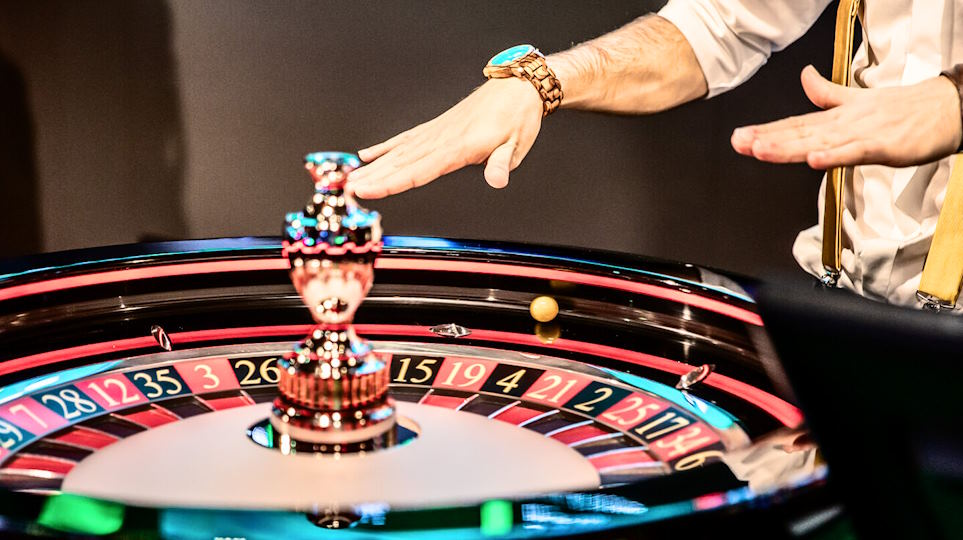
The Science Behind Music’s Role in Shaping Casino Gambling Habits
The casino experience is a sensory feast. From the flashing lights and vibrant colors to the thrill of games, every element designed to captivate and entice players. Among these sensory stimulants, music holds a unique and powerful position. While we often unconsciously tap our feet to the tunes in the background, few realize the profound university research reveals the impact of music on casino player behavior.
Creating an Atmosphere
Upon entering a casino, one of the first things that greet patrons is the ambient music. Typically, casinos play soft, continuous background music – often void of abrupt loudness changes or striking lyrics. The idea? Create a comfortable and welcoming environment. Studies have shown that a comfortable environment increases the time people spend on a task, and in a casino, this translates to longer gambling sessions.

Pacing and Rhythm
Tempo plays a crucial role in influencing human behavior. Fast-paced music can invigorate and encourage faster gameplay. Casino operators often employ quicker music during peak times to elevate excitement levels and speed up betting, ensuring more plays per hour.
Emotional Resonance
Music has a deep emotional connection. The music choices can affect casino gaming outcomes can evoke memories, feelings, and moods. Casinos often tap into this by selecting tracks that generate positive feelings or nostalgia. Familiar tunes or those associated with good memories can boost mood and promote riskier bets.
Masking the Sounds of Loss
Another subtle yet crucial role of music in casinos is to mask or downplay the sounds of loss. The cacophony of jingles when someone wins big on a slot machine is unmistakable. But losses? These connection between music and betting behavior in casinos understated, and the continuous music helps drown out any reactions or sounds of disappointment, maintaining an overall positive atmosphere.

The Reward System
Much like how a slot machine lever’s pull is paired with exciting sounds to enhance the feeling of potential reward, music taps into our brain’s reward system. According to a study published in Nature Neuroscience pleasurable music can lead to the release of dopamine, a neurotransmitter associated with the pleasure and reward system of the brain.
The Illusion of Time
Have you ever noticed that casinos lack clocks? The goal is to keep players engrossed and lose track of time. Music aids in this illusion. Continuous, looping music without noticeable breaks or transitions creates an auditory blanket that envelops players, making it harder for them to track time-based on song lengths or cues.
